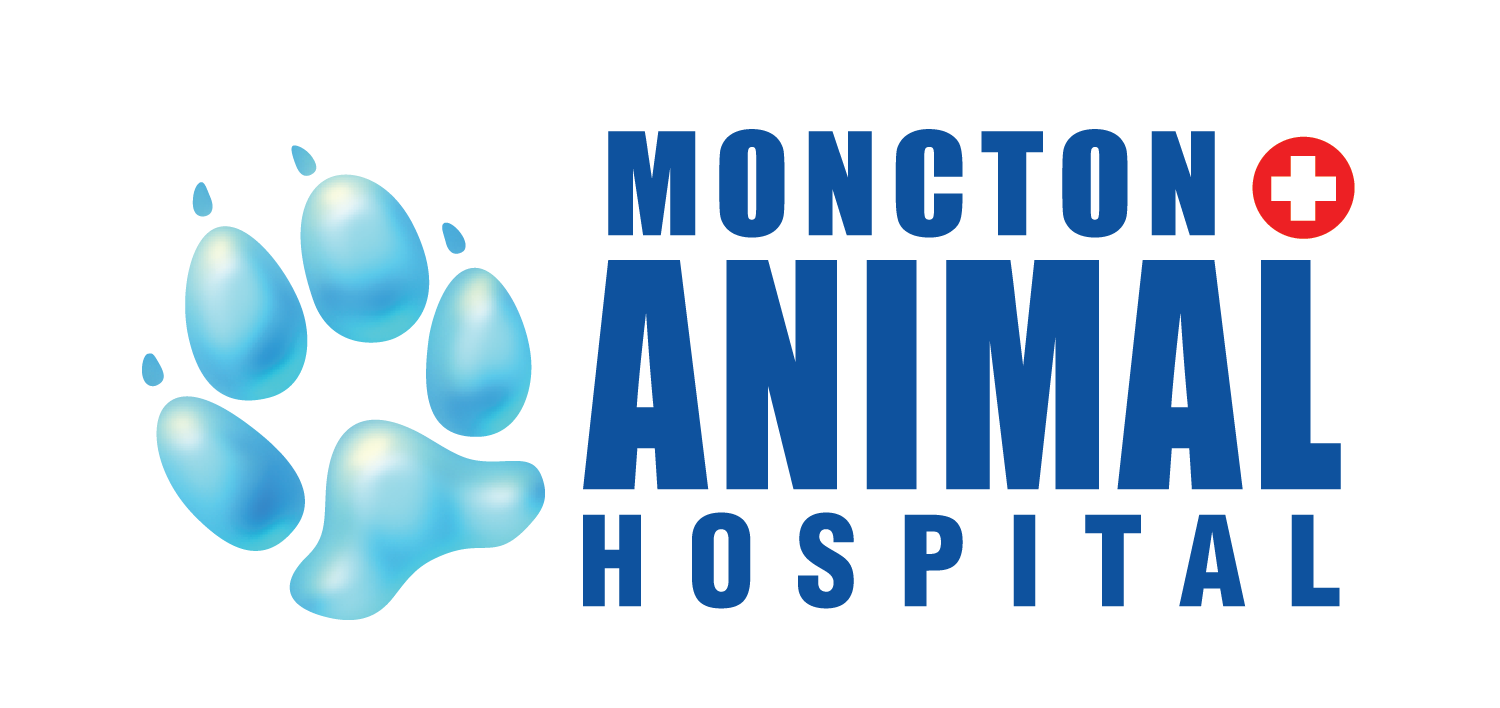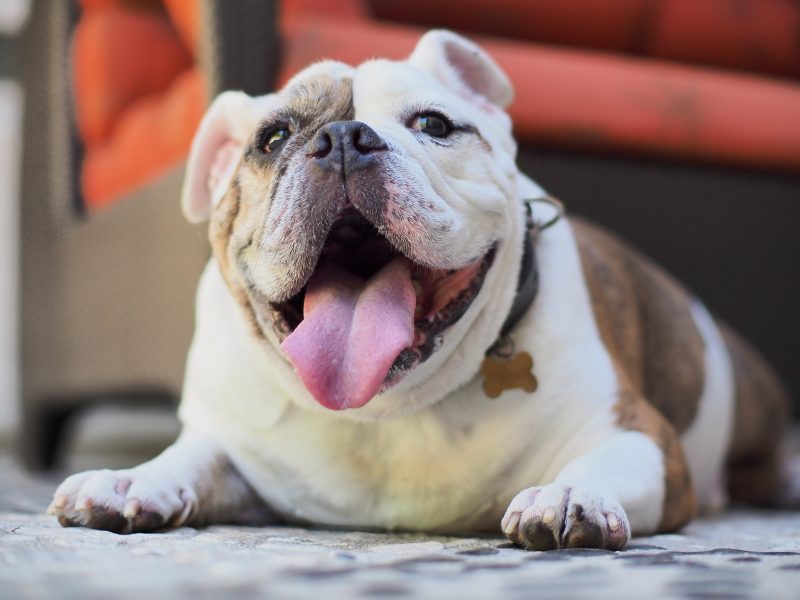Kennel cough is a complex set of contagious respiratory causes that can be viral, bacterial, or both. It causes inflammation of a dog’s respiratory system leading to a tracheitis (inflammation of the breathing tube), bronchitis (inflammation of the lungs) and other breathing system abnormalities. It can best be compared to anything from a chest cold to pneumonia in humans.
Symptoms of kennel cough:
- Persistent dry cough with a “honking” sound
- Gagging
- Coughing up white foamy phlegm
- Fever
- Nasal discharge
- Decreased appetite
- Tiredness (lethargy)
Causes of kennel cough.
Dogs can catch kennel cough in several ways.
- It can spread through aerosol in the air, directly from dog to dog, or through germs on contaminated objects (toys, water dish)
- Highest risk is dogs that have spent time in an enclosed area with poor air circulation, including kennels and animal shelters.
“Most kennels will require proof of vaccination against parainfluenza and Bordetella, two of the main causes of kennel cough.”
Who is more prone to kennel cough?
- Dogs who have frequent contact with other dogs, especially in enclosed areas.
- Young, old and unvaccinated dogs.
Kennel cough prevention
- The best way to prevent kennel cough is to prevent exposure.
- Our annual vaccination protocol does include the most common causes of kennel cough
- Parainfluenza
- Bordetella
- Adenovirus-2
- Isolate any affected dogs from other dogs
- Clean all possible contaminated objects to prevent spreading.
When to consult your veterinarian
- If you suspect your dog has kennel cough, immediately isolate him/her from all other dogs and call your veterinarian
- Treatment medication may be prescribed during your visit to relieve the symptom and help your dog combat the illness and prevent pneumonia
Kennel cough recovery
- In most cases, symptoms will gradually decrease and disappear after three weeks
- Depending on the age and if the dog may be immunocompromised, may take up to six weeks or more to recover.
Written by Moncton Animal Hospital



